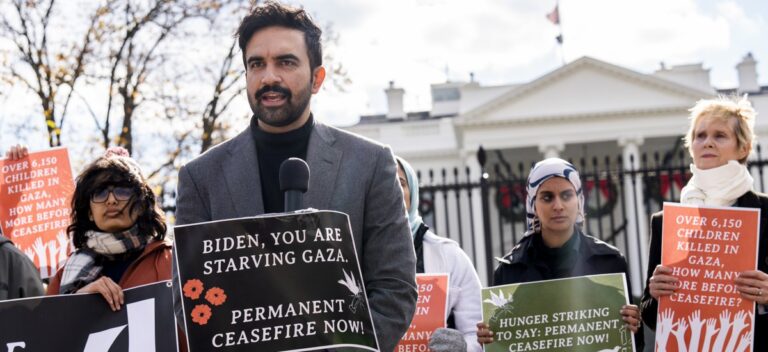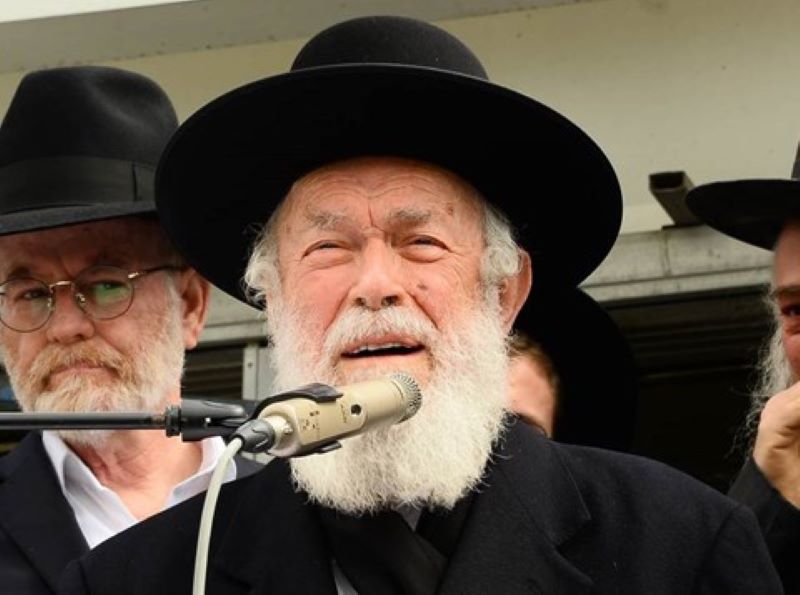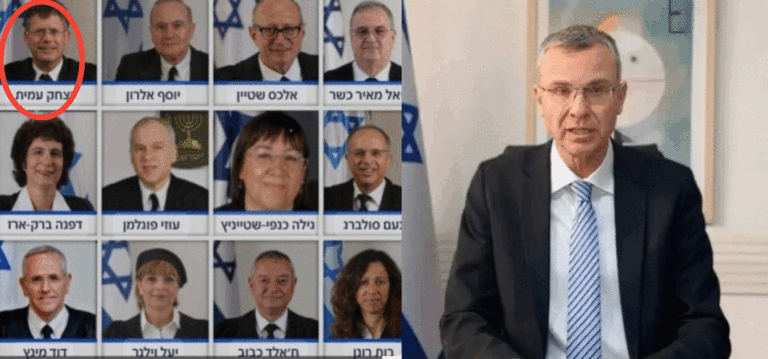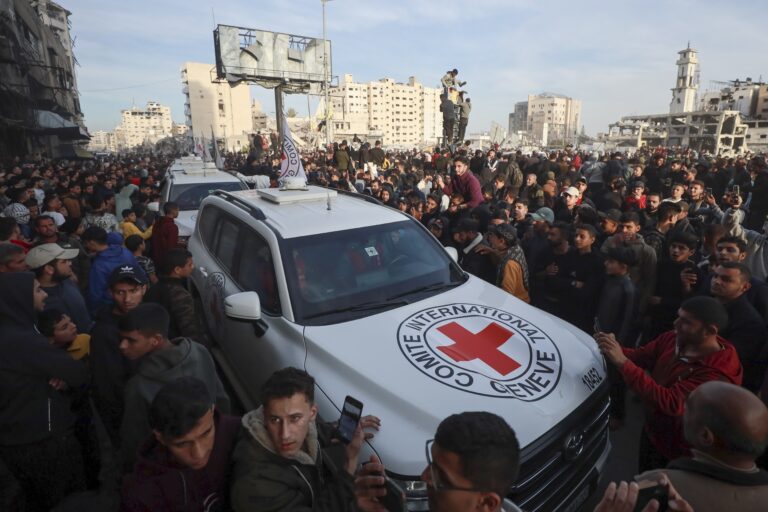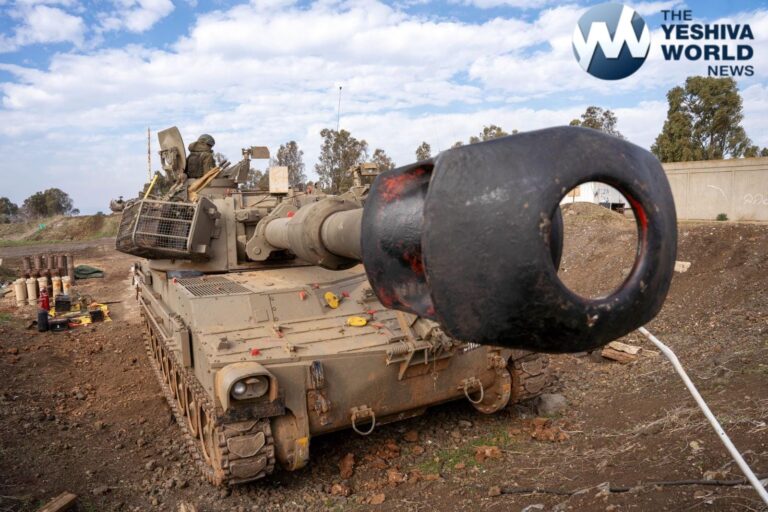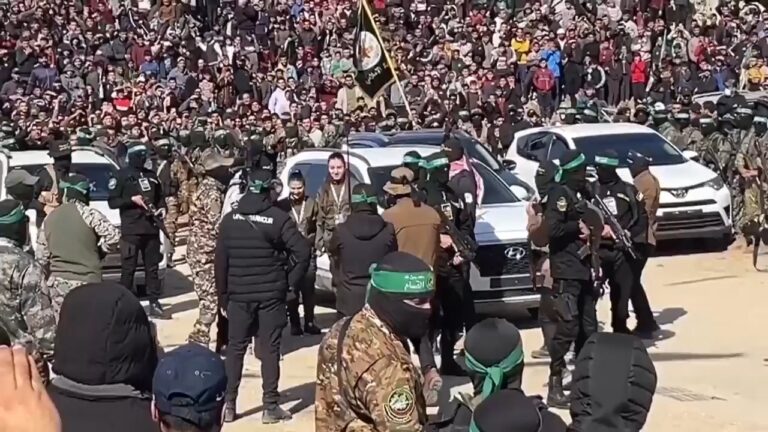 America’s top military officer says that while Iran’s support in the fight against Islamic State militants is helpful, the U.S. remains concerned about what happens “after the drums stop beating” and IS is defeated.
America’s top military officer says that while Iran’s support in the fight against Islamic State militants is helpful, the U.S. remains concerned about what happens “after the drums stop beating” and IS is defeated.
Army Gen. Martin Dempsey, chairman of the Joint Chiefs of Staff, told the Senate Foreign Relations Committee on Wednesday that anything anyone does to counter IS is a “positive thing.” But he said there is concern about whether Iran-backed militamen, who are Shia, will turn against Sunni Iraqis, further destabilizing Iraq.
“We are all concerned about what happens after the drums stop beating and ISIL is defeated, and whether the government of Iraq will remain on a path to provide an inclusive government for all of the various groups within it,” Dempsey said, using an acronym for the militant group. “We’re very concerned about that.”
“What we are watching carefully is whether the militias — they call themselves the Popular Mobilization Forces — whether, when they recapture lost territory, whether they engage in acts of retribution and ethnic cleansing,” he said. “There’s no indication that that is a widespread event at this point, but we’re watching closely.”
Dempsey joined Secretary of State John Kerry and Defense Secretary Ash Carter in testifying at a hearing about President Barack Obama’s proposal for new war powers to fight IS. The debate comes amid Democratic worries that it could lead to a full-scale U.S. ground war in the Mideast and GOP concerns that it should not ties the hands of the commander in chief.
The legislation, debated in a Senate Foreign Relations Committee hearing, will set up the first war vote in Congress in 13 years.
Committee Chairman Sen. Bob Corker, R-Tenn., said he hopes the hearing will help start a process where both parties can reach agreement on a new authorization to fight IS militants, who have seized territory across Iraq and Syria. Obama sent his draft to Capitol Hill last month.
“As we have received that authorization for the use of military force, what we have come to understand is that — and this is not a pejorative statement, it’s an observation — we don’t know of a single Democrat in Congress, in the United States Senate, anyway, that supports that authorization for the use of military force,” Corker said.
Obama’s proposal would allow the use of military force against IS for three years, unbounded by national borders. The fight could be extended to any “closely related successor entity” to the IS, which has overrun parts of Iraq and Syria. He ruled out large-scale U.S. ground combat operations reminiscent of Iraq and Afghanistan.
Republicans expressed unhappiness that Obama had chosen to exclude any long-term commitment of ground forces, while some Democrats voiced dismay that he had opened the door to any deployment whatsoever.
The 2002 congressional authorization that preceded the American-led invasion of Iraq would be repealed under the White House proposal, a step some Republicans were unhappy to see. But a separate authorization approved by Congress after the Sept. 11, 2001, terror attacks would remain in force, to the consternation of some Democrats.
The struggle to define any role for American ground forces is likely to determine the outcome of the administration’s request for legislation. The White House has said that the proposal was intentionally ambiguous on that point to give the president flexibility, although the approach also was an attempt to bridge a deep divide in Congress.
During Kerry’s testimony, an anti-war protester from the Code Pink shouted: “We’re tired of the endless war … the killing of innocent people.” Corker called for order. Kerry responded, asking, “Killing more innocent people? I wonder how our journalists who were beheaded and the (Jordanian) pilot, who was fighting for freedom, who was burned alive — what they would have to say to their efforts to protect innocent people?”
Corker noted that the United States has signed on to train and equip forces to fight IS, yet once they are fielded, they will be subject to barrel bombs dropped by forces loyal to Syrian President Bashar Assad. Corker said the president’s proposed authorization would allow ways to protect the forces.
“I don’t think we’ve made those decisions yet. And I think … that shows is potentially a lack of commitment, if you will, to really deal with ISIS in a more significant way,” Corker said.
Dempsey said the U.S. has undergone two rounds of talks with Turkish officials about a possible air-exclusion zone in Aleppo, Syria, that would provide overflight to protect the troops. “We are continuing to develop that option should it be asked for,” Dempsey said.
(AP)


